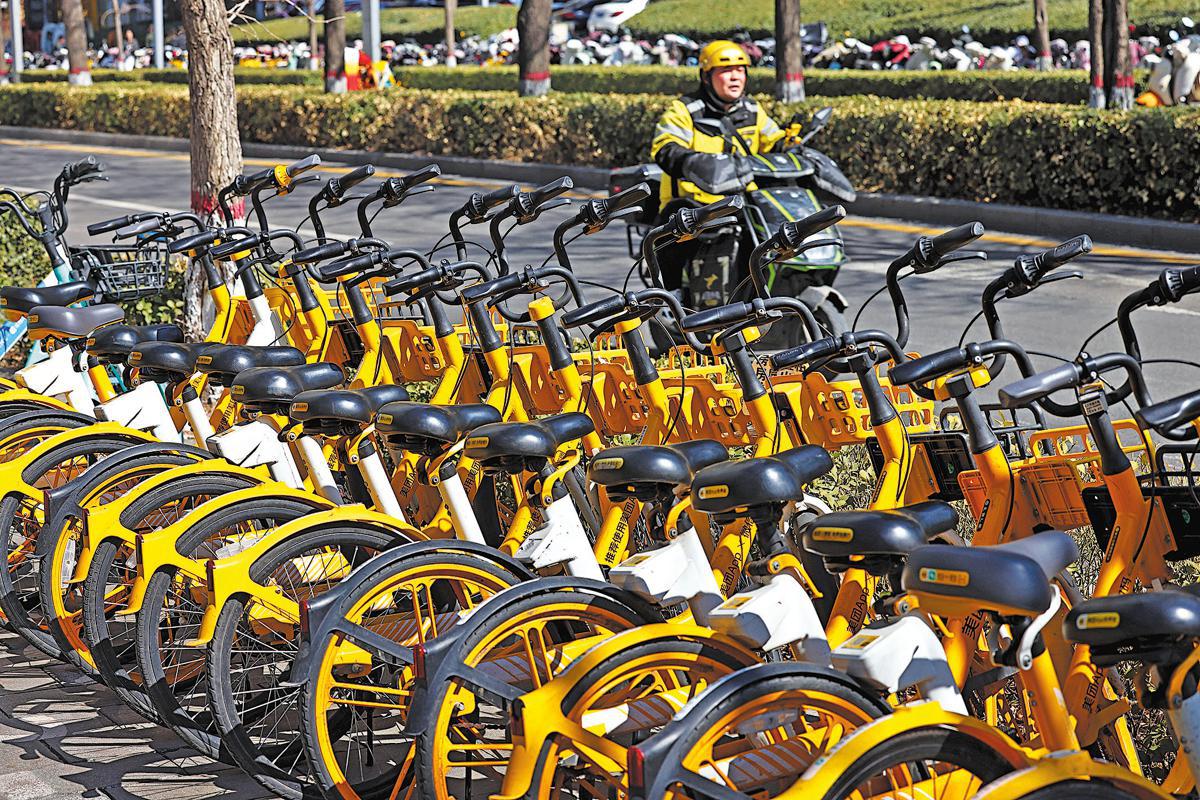Low-carbon lifestyles gain extra credit
Mini programs incentivize public to go green in their everyday actions






As China moves ahead with its climate targets of peaking carbon dioxide emissions before 2030 and achieving carbon neutrality before 2060, the mini program provides a microcosm for how local authorities are moving to encourage the general public to help reach these goals.
Research by the Chinese Academy of Sciences shows that residential consumption accounts for 53 percent of China's total carbon dioxide emissions.
Wei started to use the mini program soon after it was launched at a celebration event held by Wuhan authorities for World Environment Day, which falls on June 5 every year, in 2023.
"I already led a low-carbon and environmentally friendly lifestyle then," she said. "But the mini program makes me feel that my actions have tangible value, as it records and quantifies my low-carbon activities."
The mini program incentivizes people to do more low-carbon things, such as switching off lights when leaving an empty room or using public transport, by tracking these activities within the phone, connecting with other apps and sharing data, and then giving points or carbon credits for these actions. Once enough points are collected within the program, they can then be cashed in for various prizes or products, and can even be used to lower bills.
A rising number of similar carbon credit mini programs have started to appear in China in recent years in cities such as Beijing and provinces such as Sichuan.
- Top Chinese mainland, Hong Kong finance education institutions ink partnership to deepen ties
- Lantern Festival lights bring the Dunhuang grottoes to life
- China's 2026 Spring Festival travel rush to begin
- Knocking on the stone-framed door
- Shanghai Science and Technology Museum to reopen soon
- Shanghai celebrates Spring Festival with intl students
































